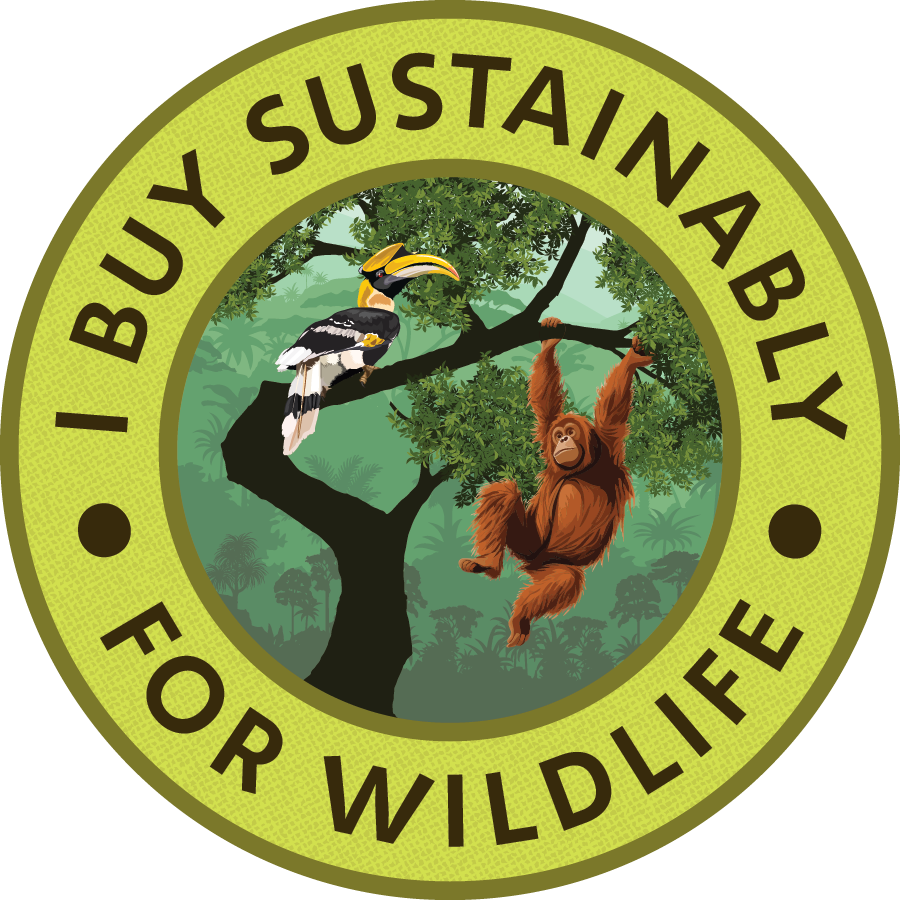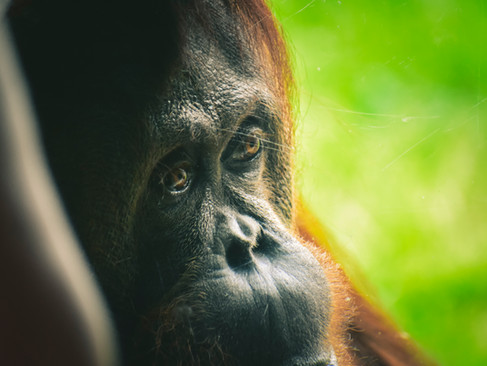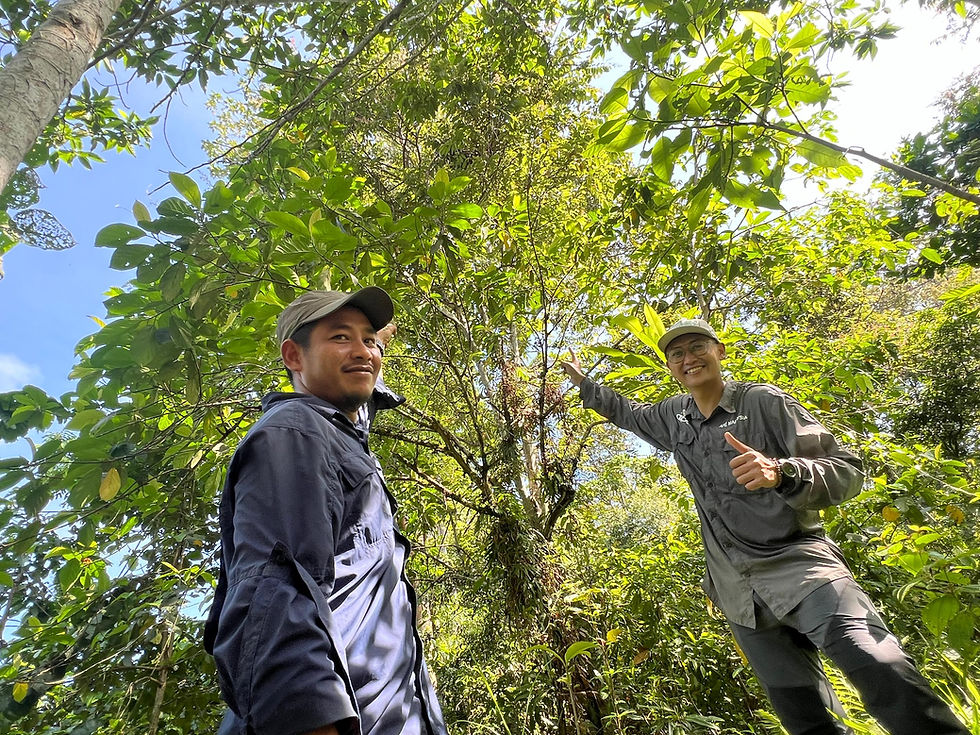Zoos Launch Innovative Toolkit to Support Orangutans and Asian Hornbills through SAFE PACT Initiative
- azaorangutansafe
- Jul 29, 2025
- 3 min read
Updated: Aug 13, 2025
Orangutan SAFE and Asian Hornbill SAFE are excited to announce the launch of a groundbreaking new toolkit developed through the SAFE: Saving Animals From Extinction PACT (People Advancing Conservation Together) initiative. The initiative has helped to create a strategic roadmap for our conservation community and marks a significant step forward in our efforts to protect endangered species and promote sustainable practices within our accredited institutions.

The pilot project focuses on empowering staff and volunteers at AZA member institutions with practical conservation actions to aid orangutans and Asian hornbills, both of which are native to the forests of Borneo and Sumatra. As deforestation continues to threaten these critical habitats, the toolkit aims to mitigate this impact by reducing the use of products that may contain wood harvested from these endangered areas.
One key aspect of this project addresses the use of wooden tool handles, specifically those made from ramin dowels, which are often found in many tools used by facility personnel. By identifying sustainable alternatives, we can directly contribute to the preservation of these vital rainforest habitats and the diverse wildlife they support.
The toolkit was developed as an output of an AZA SAFE PACT pilot project, a collaboration of the SAFE Orangutan and Asian Hornbill species programs, along with a social science expert (Practically Eco™). Over the last three years, this team utilized community-based social marketing to research the shared conservation challenges of both species, identify the specific target audience as AZA-accredited institutions and their staff, design an intervention, and generate the toolkit. Key to the process was taking the time to better understand the target audience, identifying the barriers that prevented organizations from sourcing sustainably sourced wood handled tools as well as amplifying the benefits to already engaged zoos and aquariums.
This newly developed, no-cost resource serves as a comprehensive asset for purchasers at AZA member institutions, guiding them in selecting sustainable products and suppliers. It includes detailed research on local and national chains, providing insights into which products may contain wood sourced from threatened rainforest areas. By making informed purchasing decisions, AZA’s members can collectively reduce their ecological footprint and demonstrate their commitment to conservation.
“We are thrilled to introduce this toolkit as part of our ongoing dedication to protecting wildlife and promoting sustainability,” said Corey Romberg, co-leader of the Orangutan SAFE program. “This initiative not only helps preserve the habitats of orangutans and Asian hornbills but also sets a precedent for responsible procurement practices within our zoo and aquarium community.”
The toolkit is in a pilot study now with hopes to be available to all AZA-accredited institutions soon, and we are excited to see institutions across the world take advantage of this valuable resource. By working together and making conscious choices, we can significantly impact the conservation of these magnificent species and the ecosystems they call home.
About SAFE
SAFE: Saving Animals From Extinction is AZA’s signature conservation program that harnesses the collective expertise and resources of AZA-accredited zoos and aquariums to save species at risk of extinction. To learn more, visit https://www.aza.org/aza-safe
About PACT
PACT (People Advancing Conservation Together) is an initiative dedicated to fostering collaborative efforts in conservation, bringing together diverse stakeholders to advance the protection of endangered species and their habitats. To learn more, visit https://www.aza.org/safe-pact
About Practically Eco
Practically Eco is committed to providing practical, joyful solutions to sustainability challenges through research-based guidance. We help conservation practitioners incorporate social science into programs to increase effectiveness; small businesses decrease their eco-impact; and everyday people take action for nature. To learn more, visit https://www.practically.eco








Comments